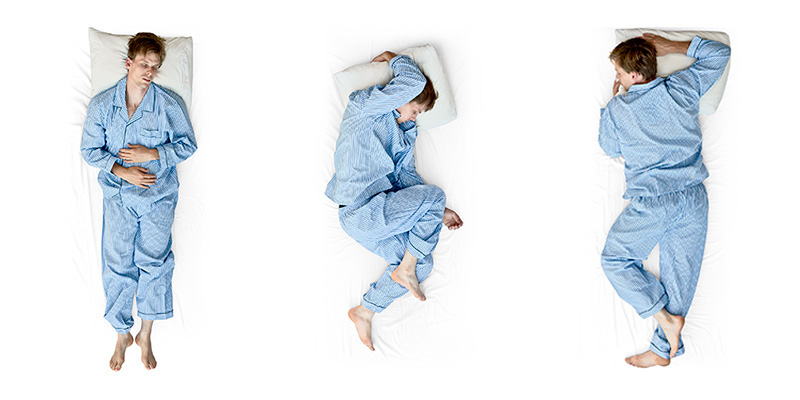
8 Tried and True Ways to Improve Your Sleep Quality
Do you wake up often during the night? Are you finding it hard to get to sleep in the first place? Fortunately, you can find a simple solution to your insomnia by making a few straightforward lifestyle changes. Below are tried and true methods guaranteed to get you better quality sleep!

1. Keep It Dark and Comfortable
Only a dark bedroom with all of the lights turned off is conducive to sleep. Dim electronic lights whenever possible and turn off lighting while you sleep. If blocking all light isn’t possible, consider wearing a sleep mask. Your mattress should be comfortable and supportive. Take a look at these Vispring 2021 mattresses and find the perfect one for you.
Blue-light blocking glasses worn in the evening can help reduce eye strain associated with excessive screen and LED lighting and helps restore your natural circadian rhythms.
Preliminary research suggests that wearing blue-light blocking glasses for three hours before bedtime may help improve sleep quality, especially among those who suffer from insomnia. Several brands of blue-light blocking glasses are available from companies like Pixel, Felix Gray, Gunnar and Spektrum.

2. Put Down Technology
It may seem like a good idea to send a text or watch a quick episode of your favorite show before bedtime, but electronics are proven to hinder sleep quality. Make it a point to put down any and all electronics an hour before bedtime.

3. Go To Bed At The Same Time Daily
It’s important to let your body adjust to falling asleep on time. Instead of rushing yourself and forcing your body to lie down, set a bedtime schedule. Every day, try to get 10 or 15 minutes closer to your ideal schedule until you feel your body is ready to sleep. If you don’t feel tired enough to get some shut eye, you will lie awake for a long time.

4. Create A Sleep Schedule
Your body needs a regular routine it can stick to. For this reason, creating a sleep schedule where you wake up and fall asleep around the same time is important. Your body will naturally accustom its circadian rhythm to your set schedule and you’ll naturally feel the pull to go to bed or wake up.
If you’re not sure what time works best for you, why not experiment? You can find the best schedule by setting your alarm to different times and logging your body’s responses.

5. Keep Temperatures Moderate
It is important to create a sleeping zone where the temperature is just right. Any room that’s too hot or too cold can make sleep harder.

6. Cut Caffeine And Alcohol
Your ability to sleep is often impacted by what you drink during the day. Caffeine, for example, will give you an energy boost that makes it hard to wind down before bedtime. Though alcohol does have the ability to make you feel drowsy, you won’t have the ability to sleep too deeply.

7. Stay Active
Did you know that a workout routine can actually help you improve your sleep quality? Getting some exercise early in the morning or midday can help you start your day off right but make you feel tired by the time you need to get ready for bed.

8. Keep Stress Under Control
It’s important to try to keep stress out of your bedroom when you go to sleep at night. Worrying about work problems or personal issues will only keep you awake without offering a solution. Make it a point to install a mindfulness app to help you cope with your emotions or practice deep breathing exercises before bedtime.







